Getting a New Puppy or Kitten? A few good things to know…
Thinking about adding a new furry member to your family? Whether it be a puppy or kitten, lots of fun (and a bit of work) is ahead of you! Planning ahead can make it easier on both you and your new addition.
What do I need?
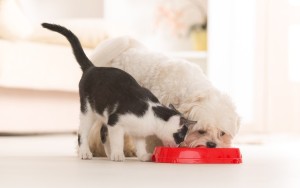 To ensure a smooth transition it’s a good idea to obtain the items you will need ahead of time. Collars, leashes, dishes, crates/carriers, beds, toys, (add litter box, litter and scratching posts for cats), grooming supplies and a high quality, age appropriate diet are all good to have on hand when the time comes to bring home the new addition.
To ensure a smooth transition it’s a good idea to obtain the items you will need ahead of time. Collars, leashes, dishes, crates/carriers, beds, toys, (add litter box, litter and scratching posts for cats), grooming supplies and a high quality, age appropriate diet are all good to have on hand when the time comes to bring home the new addition.
Pet Proofing
Curious puppies and kittens are not only mischievous, they also have a tendency to chew. Remove available contact with electrical cords, wires, toxic plants and cleaners, sharp objects, and garbage cans. Keep stairs, balconies, and other high places unavailable to avoid a fall. Ensure windows/screens are closed to prevent escape. Set them up for success!
Introductions
Introducing the pup or kitten to the new household can be stressful, especially if there are busy little children around or other pets involved. Keep introductions calm and quiet, allowing space for the new pet to get used to their surroundings. Introducing other dogs to the new pup in a neutral site while on leash will allow them to become accustomed to one another. Introducing older cats to a kitten should be done over a period of time, keeping them 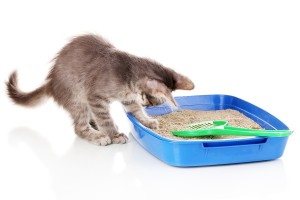 separated at first with small amounts of interaction to begin with. Some hissing and growling is to be expected, but should subside over time. It is recommended to have additional litter boxes and dishes available as older cats may not want to “share” their property. Allow each cat time away from the other and one-on-one time with you. Full acceptance may be very rapid, or take several months.
separated at first with small amounts of interaction to begin with. Some hissing and growling is to be expected, but should subside over time. It is recommended to have additional litter boxes and dishes available as older cats may not want to “share” their property. Allow each cat time away from the other and one-on-one time with you. Full acceptance may be very rapid, or take several months.
Veterinary Care
Puppies and kittens are born without immunity to several serious and potentially life threatening diseases such as parvovirus, panleukopenia, rabies, and distemper. Vaccinating at approximately 8, 12, and 16 weeks of age will not only ensure protection against these infectious diseases, but will also provide a starting point for lifelong immunity with ongoing veterinary care. In addition, a deworming protocol is typically undertaken for both puppies and kittens as parasitic infestations can cause serious illness in these little ones. If you choose to spay or neuter your pet to prevent unwanted offspring, health and behaviour issues, this is usually done at approximately 6 months of age. Identification with a microchip and/or tattoo is recommended, and considering pet insurance is an excellent plan.
Exercise
Ensuring the right amount of exercise for your puppy or kitten is important for proper development. In addition, encouraging exercise and play can combat unwanted behaviour. Use caution when exercising large/giant breed puppies as their rapid growth combined with extensive activity can result in injuries.Obedience training, puppy socialization classes, and the off leash parks are great ways to incorporate exercise, learning and socialization, however ensure the full set of puppy vaccines are complete to avoid contagious infections. Kittens enjoy climbing, chasing toys, and pouncing (often on your head when you are asleep!). Having a climbing post is recommended as they can save many a curtain and sofa.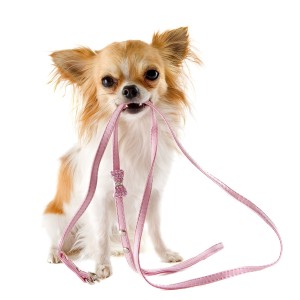
Most importantly, have fun with your new pet. And don’t worry, those “rebellious teenage” times don’t last long!
Recommended Posts
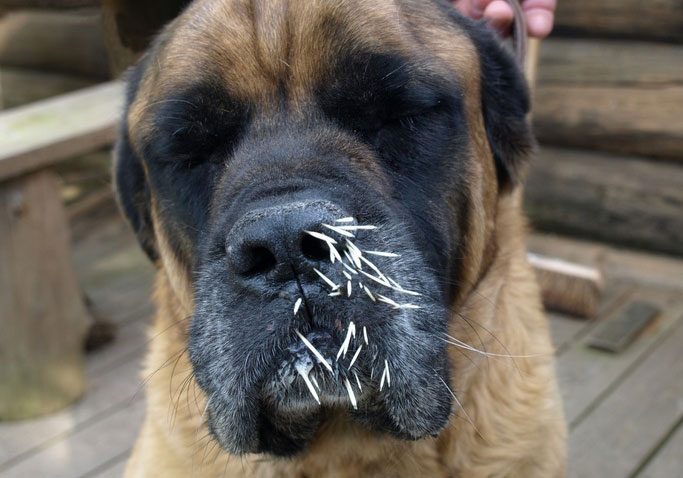
Porcupine Quills in Dogs … Oh My!
July 09, 2017
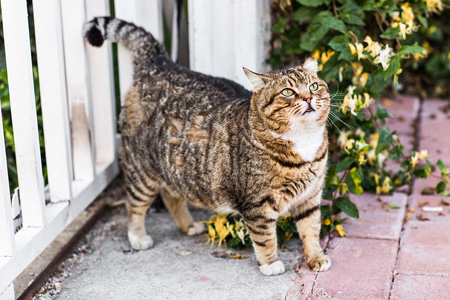
Obesity in Pets
January 11, 2017
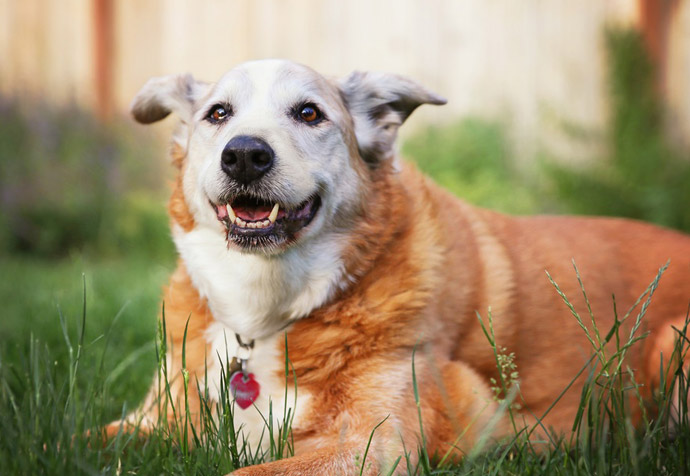
Senior Pets – Ways to Help Fido in His Later Years
June 08, 2016

